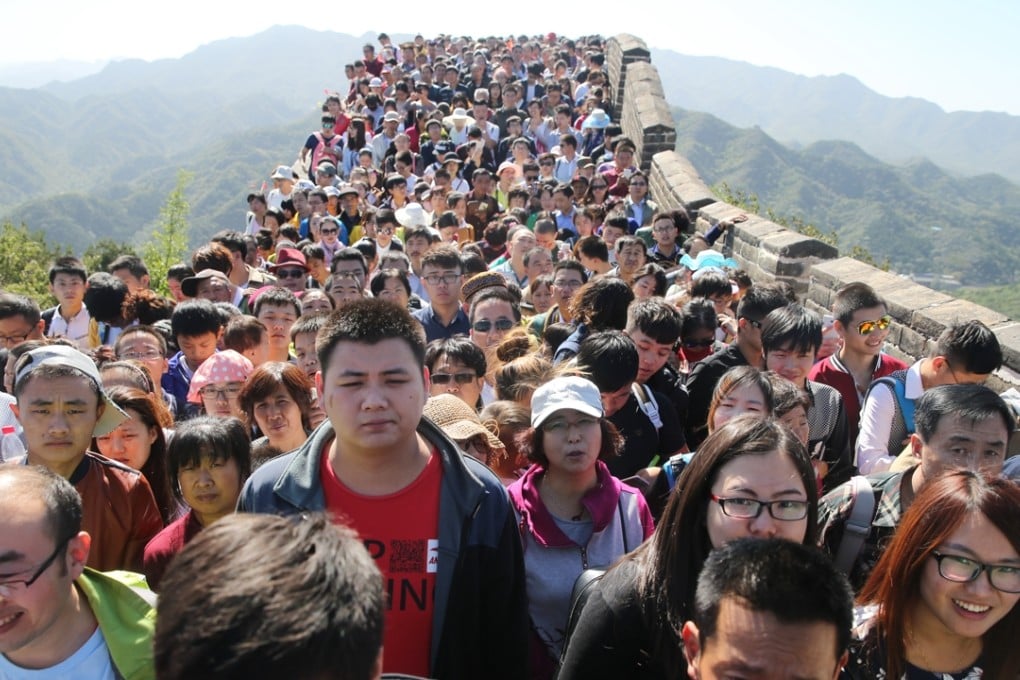The View | Why China chose the German instead of English legal system
China modelled its legal system on that of Bismark’s Germany, partly because it was structured around a rational state bureaucracy and a strong military

One of the central roles of a state is to enforce justice within the domain of its rule. National legal systems protect law enforcers from being bullied with either violence or bribes by powerful litigants. The higher the risk of coercion, the greater is the need for the state to protect and control law enforcers. Such control, however, also makes law enforcers beholden to the state and politicises justice.
The different outcomes that can result are evident in the common and civil law systems, which have their roots in England and France, respectively. In the 12th and 13th centuries, England was relatively peaceful and began moving toward adjudication by relatively independent juries, while less-peaceful France went in the direction of adjudication by state-employed, royally-controlled professional judges to resolve disputes.
In essence, these two systems represent a fundamental choice between state-controlled versus independent justice.
By the 18th century, judicial independence had become an undisputed element of the English system. France, on the other hand, sought to codify law so that specific “bright line” rules became the basis of adjudication, rather than broad principles.
As the accuracy of codes has improved and the local pressure on judges has declined, common and civil law systems have tended to produce similar resolutions of specific disputes. Centralised justice is less severe in societies where the government is more constrained by its subjects and the interests of the sovereign, judge and community are more aligned.
But civil law works very badly in dictatorships, where it politicises justice and leads to socially inefficient outcomes.

